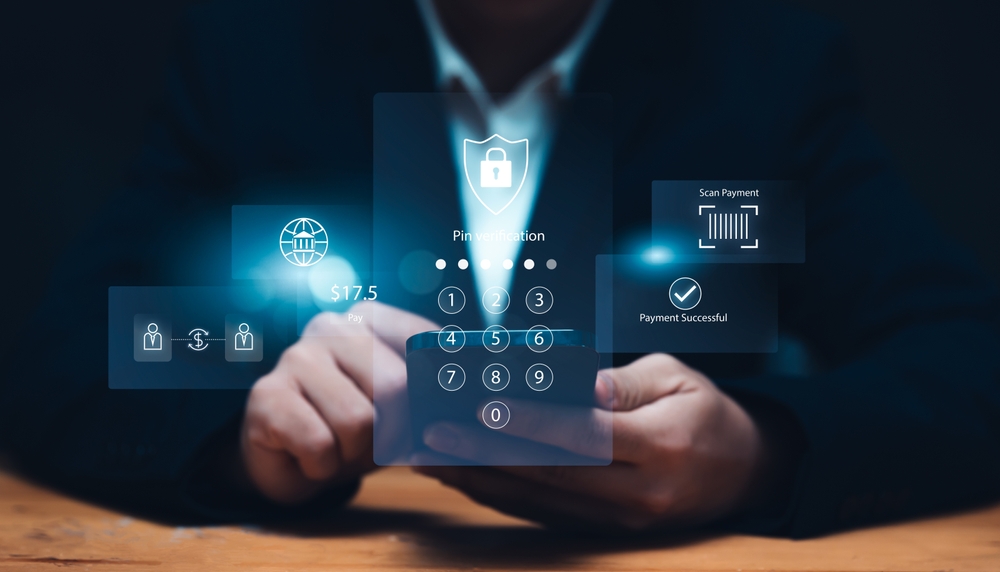Things are getting back to normal after the CrowdStrike debacle. But for millions of UK adults, the online outage continues
The UK experienced a £6mn spike in cash withdrawals from ATMs on Friday last week when the global cyber outage disrupted digital payments, exposing the vulnerabilities of the transition to becoming a cashless society.
The inconvenience of being unable to use card or contactless payments may well have caused you to gnash your teeth. However, this problem is experienced daily by millions of UK adults who use cash. Last year there was an unexpected 66 per cent increase in the number of people mainly using cash for everyday spending; the first rise in four years.
These figures were revealed by banking trade body UK Finance in the same week that the Financial Conduct Authority set out how it will maintain access to cash in the future. This may provide some respite for the poorest and oldest consumers who tend to be the most reliant on cash, but their lack of access to online banking and other digital services is a far bigger problem to solve.
“The key message is we’re not ready to go cashless until digital payments are completely robust and reliable, and accessible to everyone in a way that meets their needs,” says Adrian Roberts, deputy chief executive of Link, which runs the UK’s cash machine network.
As traditional bank branches vanish, with 6,000 lost in the past nine years, the regulator is relying on shared banking hubs to plug the gaps, with 100 expected to be open by the end of this year, and plans for 250 more. These guarantee access to cash withdrawal and deposit facilities, but new legislation stops short of mandating access to other banking services — hence a wider problem of digital exclusion emerges.
According to UK Finance, 60 per cent of all adults used mobile banking in 2023. Or to put it another way, 40 per cent did not.
Banking hubs enable face-to-face contact with different high street lenders, but customers have been frustrated by the limited services. Sensitivity about the security of IT connections means some community bankers are unable to access customer data on their laptops, instead relying on customers to bring in their own devices.
Yet managing your money online costs money. You’ll need to pay for a smartphone or tablet capable of running your bank’s app. “Data poverty” is another issue; only 5 per cent of eligible customers use social tariffs — cheaper mobile and broadband packages available to customers claiming benefits.
Factor in the 13mn Britons with very low digital capability, half of whom are over 70, and this helps explain why the poorest in society are stuck with cash — it’s not necessarily an active choice.
Natalie Ceeney, chair of Cash Access UK, says banks are voluntarily working together to overcome IT issues and provide a commonality of hub services. However, being digitally excluded affects your ability to manage your finances, and your life, in many other ways.
For one, you are less able to save money by shopping around online for better deals on all kinds of goods and services, including on different credit products. You are also excluded from innovations in digital payments. Last year, one in seven people in Britain used buy now, pay later to split the cost of one large payment into several interest-free monthly instalments. Used responsibly, this can be a lifeline for those on tight budgets who lack the creditworthiness to borrow elsewhere.
Then there’s access to public services. State benefits such as universal credit are “digital by default”; undoubtedly one factor behind the estimated £7.5bn that goes unclaimed each year. Phone helplines have a habit of being chronically understaffed. HM Revenue & Customs wants to “make tax digital” but taxpayers who needed to phone spent the equivalent of 800 years on hold in the 2022-23 tax year.
Last week’s cyber outage caused chaos in the UK’s healthcare system. Most GP surgeries have prioritised digital appointment booking systems over phone lines, and they also offer patients a convenient method of obtaining test results and repeat prescriptions. Yet again, the digitally excluded must make do with a lesser system.
When my smartphone was stolen recently, I realised how much I took digital connectivity for granted. I couldn’t order a cab, check emails on the move or find out if the Central Line was working.
Trivial problems maybe, but the profound way this altered my ability to go about everyday life was a powerful insight. The educational and economic disadvantages for those who lack the skills or means to navigate our increasingly digital world are much more serious.
Things may be getting back to normal after the CrowdStrike debacle. But for millions of UK adults, the digital outage continues.








